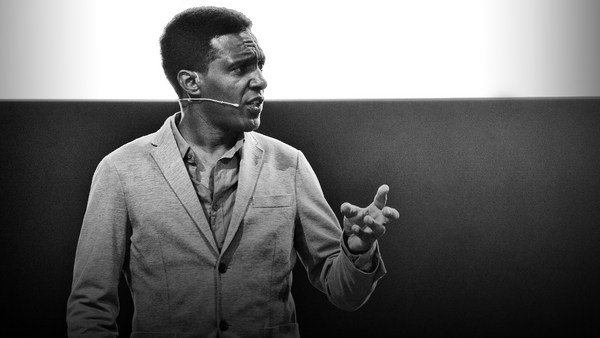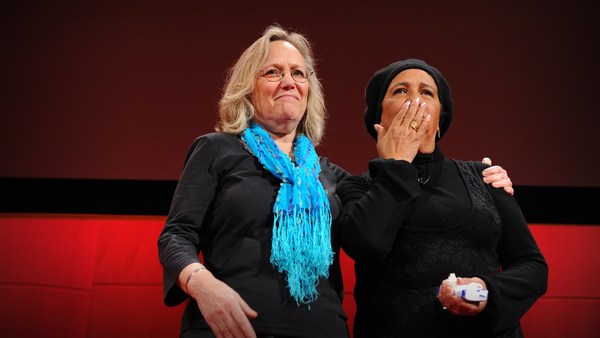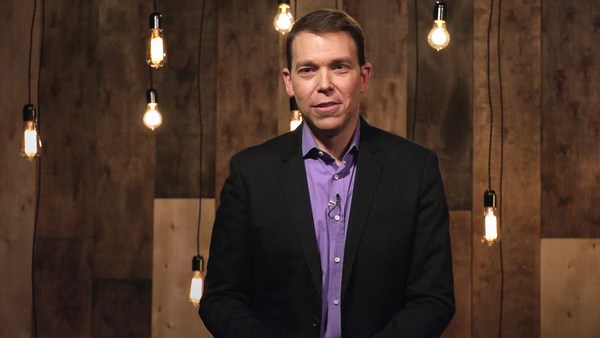I am a mother. Today, I want to tell you that in Myanmar, millions of dreams are dying in the name of motherhood. It was a love at first sight. After 10 hours of excruciating pain - without an epidural - and almost two hours of pushing, my daughter, Vira, was born. A tiny seven-pound baby with a strong hand grip. Motherhood came to me naturally. My three older siblings and I were raised by our stay-at-home father. Our mother, she was a doctor who went on to save lives in the most dangerous areas in northern Shan State. They were both courageous parents who were present and confident about their parenting choices. So we were brought up with a strong sense of family as the most fundamental value in our lives. I was living in the United States when I became a mother. There were great support networks, and mothers were celebrated. So I was ready when Vira came along. I knew what to expect until something unexpected happened. In the blink of an eye, the first year was gone. Vira turned one. Our house was still in one piece. Everyone was well-fed and happy, and things started to settle in, and they all went back to their own lives. But there I was, not sure of which life to go back to. And I found myself constantly asking "Who am I now?" The old me was so many things: a daughter, a wife, a good friend, a research analyst, a great cook. She was an ambitious, energetic and social-loving woman who had her life all planned out. I took a career break by choice to raise my daughter, but one year into motherhood, the new me was just a mum. Outside, I was a good mum: everything under control, calm and composed, loving and nurturing. But inside, I felt empty, so empty that I had a breakdown. First, in the quiet of the night after everyone went to bed. Later, in broad daylight, where I couldn't hide it anymore. In that exact moment when Vira saw me broke down and her eyes filled with worry and confusion, that's the moment I realised that I needed to do something. I'm a millennial, so I turned to blogging. I started writing about the ups and downs of motherhood, and I told a friend. She said, "Right in Myanmar, you will find that millions of mothers in Myanmar are in the same boat as you." She was more right than she knew. This is what shocked me: so many mothers in Myanmar are silently suffering because becoming a mum here deprives you of who you are. Who you used to be? It no longer matters. Who you could be doesn't matter either. What you are, who you are gets stripped away from you, and now you are to live a single identity: mother. My first article was shared more than 2,000 times in just a few days. It was about identity crisis in motherhood. Obviously, it hit them hard to the core. And very soon, an engaged and growing community was formed around my blog. When readers share my articles, they write a piece of their personal story. And all of these stories touched my heart so much. I'm a social researcher and previously a counselor for domestic violence, so I started analysing these stories. We do content analysis. We pulled out all the words that keep coming up again and again. We create coding for each word. And from those data, we find the trends of topics and narratives around motherhood: "Quit your job." "Stay at home." "Your children are now your priority." "Why are you so greedy, wanting to run a business?" True story. "Why do you have so many hobbies?" "Volunteer? You're going to leave your child at home and not even get paid for your work?" "You're not a single girl anymore" - (Burmese) "You pose as an unmarried woman." (Laughter) And this is my favourite: "Where did you leave your child?" (Burmese) "Where did you leave your child?" (Laughter) To unfold the forces behind these narratives, we organised focus group discussions. And we found out that it is often done out of love: "Because I love you, and I don't want you to be tired" - (Burmese) "Because I love you, and I don't want you to be tired" - or worried - (Burmese) or worried. Husbands want to provide for their wives. (Burmese) Stay at home comfortably. (Laughter) Just stay home and be pretty. Or out of fear - mothers are worried that their children won't have enough care. So all of these form a culture that everyone tries to conform to without a question. That's why when you become a mother, you are just that. And it's increasingly confusing for a lot of women here, especially the mothers in our generation. There is this lady called Ma Sanda. She worked so hard to get the promotion, and now she's thinking of giving it up. Why? Because she is starting a family, and she feels that she has to anyway. And there is Ma Thida. She works in the same company, the same department as her husband. When the company offered its employees advanced training, he went. So she stayed behind for their child. And she told me that "My heart aches listening to my husband sharing with me what he learnt on the training." Here's another thing: we interviewed grandmothers who end up living a single identity of mother. You know what words come out the most? Regret. Not just about themselves as mothers, but about themselves as individuals. They felt that they were able (Burmese) to look after, but not (Burmese) nurture. They felt that they were able to provide for their children's wellbeing, but not able to guide them to reach their potential. And now they see all these children grow up to be adults with lost identities. You see, by stifling mothers into a single identity, we are actually creating a vicious cycle that holds back our next generation. Depriving mothers from economic opportunities is actually domestic violence. It's called financial violence, and it doesn't cause visible scars. In Myanmar, financial violence is more common than physical violence, and it happens to all socioeconomic levels. You might not intend to hurt her, but limiting her opportunity and her access to finance, knowledge and opportunity to earn - it's hurting her self-esteem, which is part of her identity. Myanmar women are changing. Myanmar is changing; the world is changing. Everything is moving fast around them. And mothers, they are finding it harder to communicate with their children, who have more exposure than they do, from knowing English, from the internet, from their friends. Mothers want to stay relevant so that they can guide them. They don't want to project their hopes and dreams on their children anymore. They now have their own dreams and drive to reach for it. Mothers want to have impact beyond their home. So if we are going to build a better future in Myanmar, we need to let mothers develop their own identities. Because if we as mothers don't know what is true to ourselves, we cannot show our children how to be their authentic self and reach for their full potential. I urge you to redefine your definition of mothers. Expand it and empower the mothers around you to be the wonderful individuals that they are. Thank you. (Applause)





